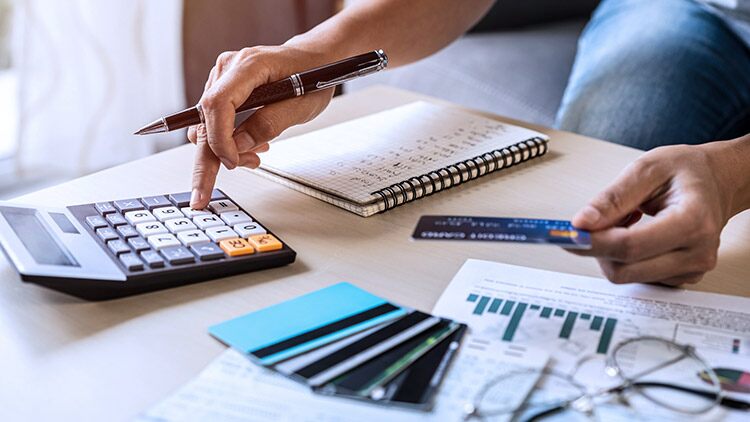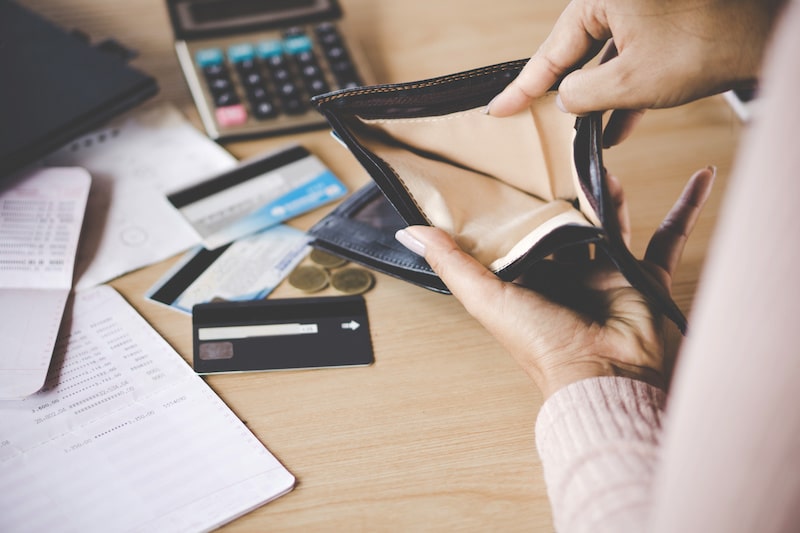Louisville Bankruptcy Attorney

Home » Louisville Bankruptcy Attorney
Experienced Bankruptcy Lawyers in Louisville
Few things are more personal in life than your finances. If you’re losing sleep at night because you’re stressing over your bills, just know that there are many debt relief options that we can tailor to your individual needs. For almost twenty years, bankruptcy attorneys at O’Bryan Law Offices have provided debt relief to thousands of people a year through the bankruptcy process, giving them an immediate fresh start to rebuild their financial life. If you’re in desperate need of debt relief, contact a Louisville bankruptcy attorney at our law firm today at 502-339-0222 for a free consultation.
Louisville Consumer Protection and Bankruptcy Firm

Considering Bankruptcy?
What is Bankruptcy?
Bankruptcy is one of many debt relief options out there that helps individuals and businesses get a fresh start by completely eliminating or repaying debt. A bankruptcy lawyer can help you achieve debt relief as smoothly and as quickly as possible. If you’re looking for bankruptcy alternatives, bankruptcy attorneys at O’Bryan Law Offices also offer debt counseling.
What are the Different Types of Bankruptcy?
Chapter 7 Bankruptcy
Chapter 13 Bankruptcy
- Your annual income
- How much debt you owe
- Nonexempt property value
Involuntary Bankruptcy
How Involuntary Bankruptcy Works
- The bankrupt business isn’t paying off their debts.
- An agent seized custody of the debtor's property within the last 120 days to enforce a lien.
Involuntary Bankruptcy Limitations
- Banks
- Insurance companies
- Non-profit organizations
- Credit unions
- Farmers or family farmers
How Long Does Bankruptcy Stay on Your Credit Report?
Bankruptcy filings are generally deleted from your credit report 7 to 10 years after the filing date. This depends on what chapter bankruptcy you filed. Talking to Louisville bankruptcy attorneys will help you figure out exactly how long your type of bankruptcy will stay on your credit report.
What Bankruptcy Can and Can’t Do
What Bankruptcy Can Do
Stop Creditor Harassment
Temporarily Stop Foreclosures, Repossessions, or Evictions
Get Rid of Most Unsecured Debts
What Bankruptcy Can’t Do
Stop a Secured Creditor from Repossessing or Foreclosing on Property You Can’t Afford
Stop Child Support and Alimony
Get Rid of Student Loans
Get Rid of Other Nondischargeable Debts
- The debts that you forgot to include in your bankruptcy paperwork.
- Debts related to personal injury or death caused by intoxicated driving.
- Fines that you received as punishment. For example: a traffic ticket.






